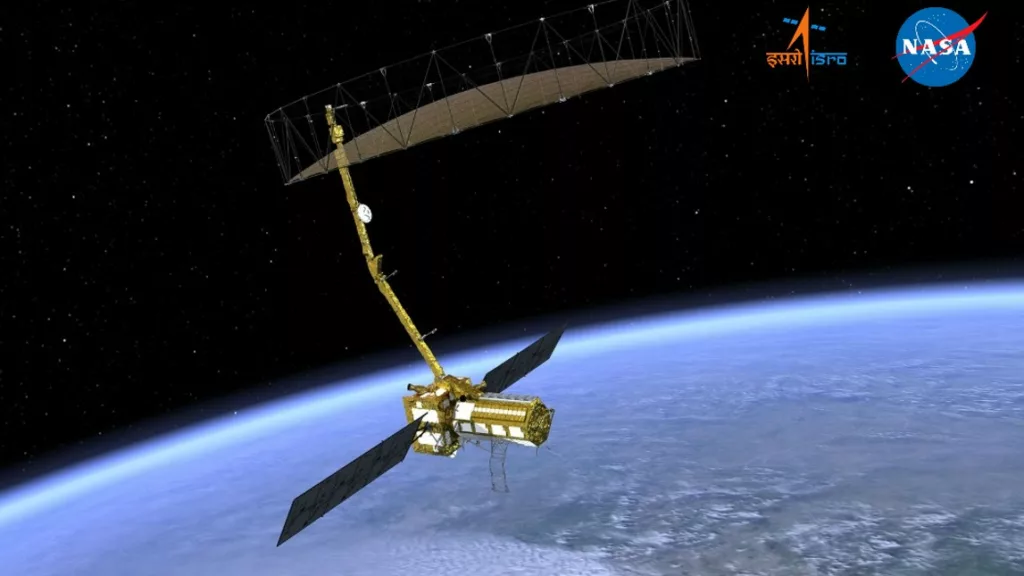India’s space agency ISRO will launch the Earth observation satellite jointly developed with NASA on 30th July aboard the GSLV-F16 rocket. Named NISAR, it is the first-ever mission of its kind, jointly developed by ISRO and NASA.

The announcement was made by ISRO Chairman Dr. V Narayanan on Monday, July 28, while speaking to reporters at Chennai International Airport.
The satellite will be placed in orbit at an altitude of 740 kilometres and is equipped with advanced radar imaging technology. It has the capability to capture images of Earth throughout the day and night, even during cloudy weather and rainfall.
The satellite is expected to support disaster management, detect landslides, and monitor climate change. The benefits of the mission are expected to reach not only India and the United States but also the global community.
Dr. Narayanan also gave updates on other ongoing space missions. He said that the Aditya-L1 solar satellite, which was launched earlier with a 1.5 kilogram payload, has started sending solar research data. Scientists are currently studying the data to gain deeper understanding of solar activity.
ALSO READ: ISRO celebrates 2 years of Chandrayaan success by finishing critical part of Gaganyaan mission prep
Speaking about the Gaganyaan human spaceflight programme, he said that three uncrewed missions will take place before the manned mission. The first test flight with a humanoid payload will be launched in December this year from Sriharikota. Two more uncrewed missions are planned for next year. The first crewed mission is scheduled for March 2027.
He also shared updates on India’s upcoming lunar exploration plans. Chandrayaan-4, which aims to land on the Moon and bring back soil samples, is progressing well. Chandrayaan-5, a joint mission with Japan, is being planned to operate for 100 days on the lunar surface.
Currently, ISRO is managing 55 satellites. Plans are in place to reorganise these into three separate categories over the next four years. Dr. Narayanan also clarified that ISRO’s research work is aimed at serving the entire country and is not specific to any one state or region.


